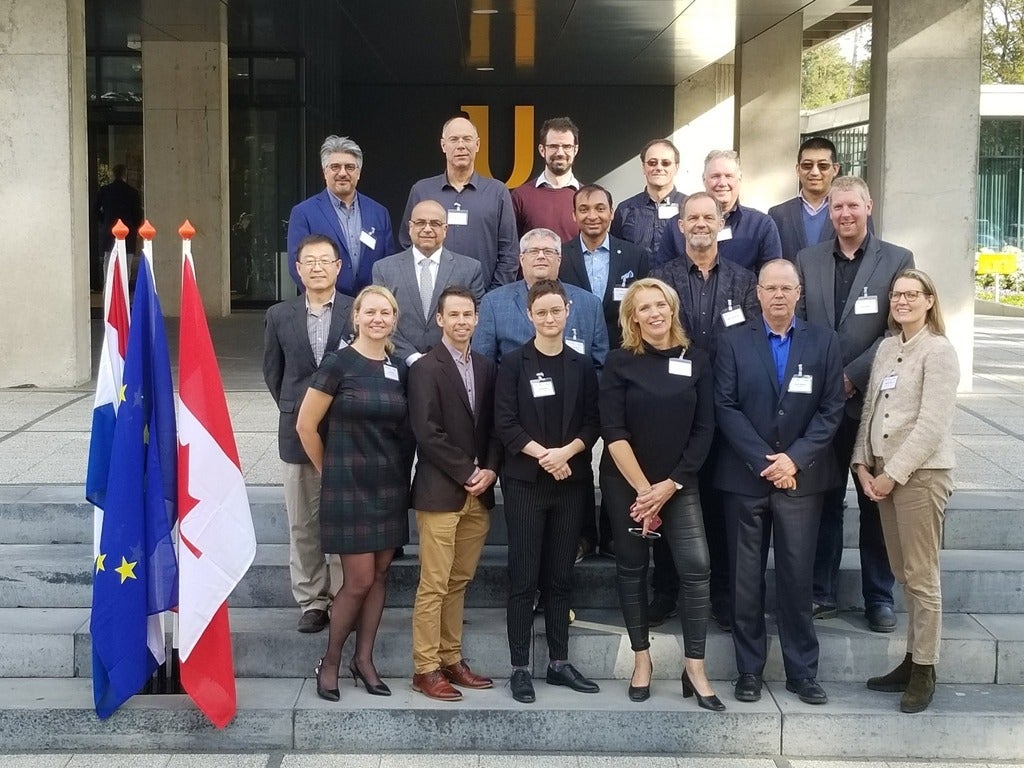Three WIN Members awarded WIN-MESA+ Seed Funding
Congratulations to three WIN members for winning the WIN-MESA+ Seed Funding Award for $75,000 each to support international joint research projects with faculty members from the MESA+ Institute for Nanotechnology at the University of Twente, Netherlands.



 When he was a young boy growing up in Burkina Faso, Yannick Traore’s dad didn’t like to buy him toys. Yannick had a habit of taking things apart just to figure out how to put them back together. Even as a child, he needed to understand how things worked.
When he was a young boy growing up in Burkina Faso, Yannick Traore’s dad didn’t like to buy him toys. Yannick had a habit of taking things apart just to figure out how to put them back together. Even as a child, he needed to understand how things worked.